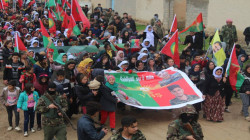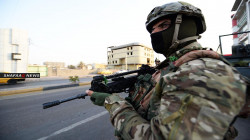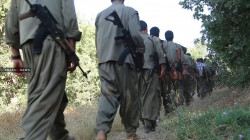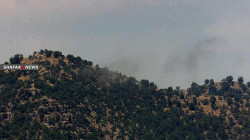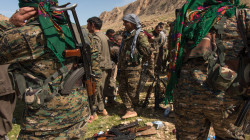Why Sinjar Agreement is not yet implemented? The mayor explains
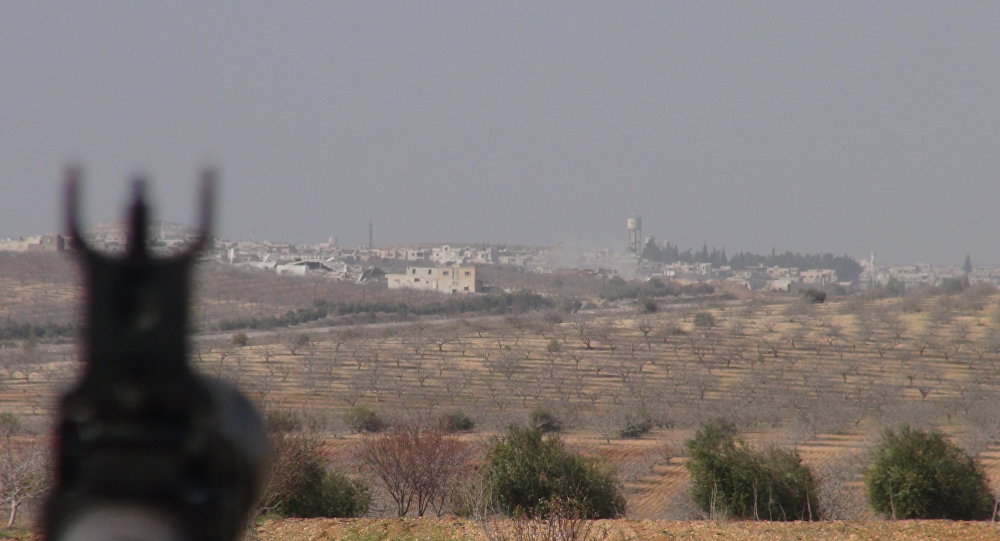
Shafaq News/ The mayor of Sinjar district, Mahma Khalil Ali Agha revealed on Monday the reasons for not implementing the Sinjar Agreement, although a year has passed since it was signed.
In a statement, Ali Agha said, "The Kurdistan Workers' Party (PKK), some armed factions, and outlaws prihibited implementing the Agreement, to keep the state prestige absent, and continue to have personal and economic gains that offer them funds."
He added, "failing to implement the Agreement represent the weakening of the state's prestige, and granting power to the PKK and the forces that came from outside the borders and some armed militia factions," noting that some statements convey false information about the situation in Sinjar."
Ali Agha stressed, "There is no alternative but to implement this agreement, which is a popular and constitutional demand.”
The Mayor called the "federal government to implement the Agreement with its five articles, which are administrative, security, the expulsion of the Bakaka, the reconstruction of the city, the construction of major economic projects, the return of the displaced to it, and securing services."
On October 9, 2020, the agreement ith was signed and introduced to the public.
Under the auspices of the United Nations Assistance Mission for Iraq (UNAMI), the federal government in Baghdad and the Kurdistan Regional Government (KRG) signed a security and stability agreement for the district of Sinjar, aiming for reconciliation.
Sinjar is a Yazidi majority town in Iraq’s northern Nineveh governorate that suffered heavily during the ISIS control onslaught in 2014, leading to genocide and other systematic abuses against its communities.
The security and stability agreement focuses on reconciliation through administrative changes, security, and reconstruction. Administratively, the agreement calls for the selection of a new mayor.
In terms of security, the agreement calls for deportation of all armed groups and the appointment of 2,500 local security forces to Sinjar.
The agreement also mentions the withdrawal of the Kurdistan Workers Party (PKK) from the Sinjar district. The PKK moved to Sinjar with the advantage of a security vacuum in 2014 as the ISIS attacks ensued.
